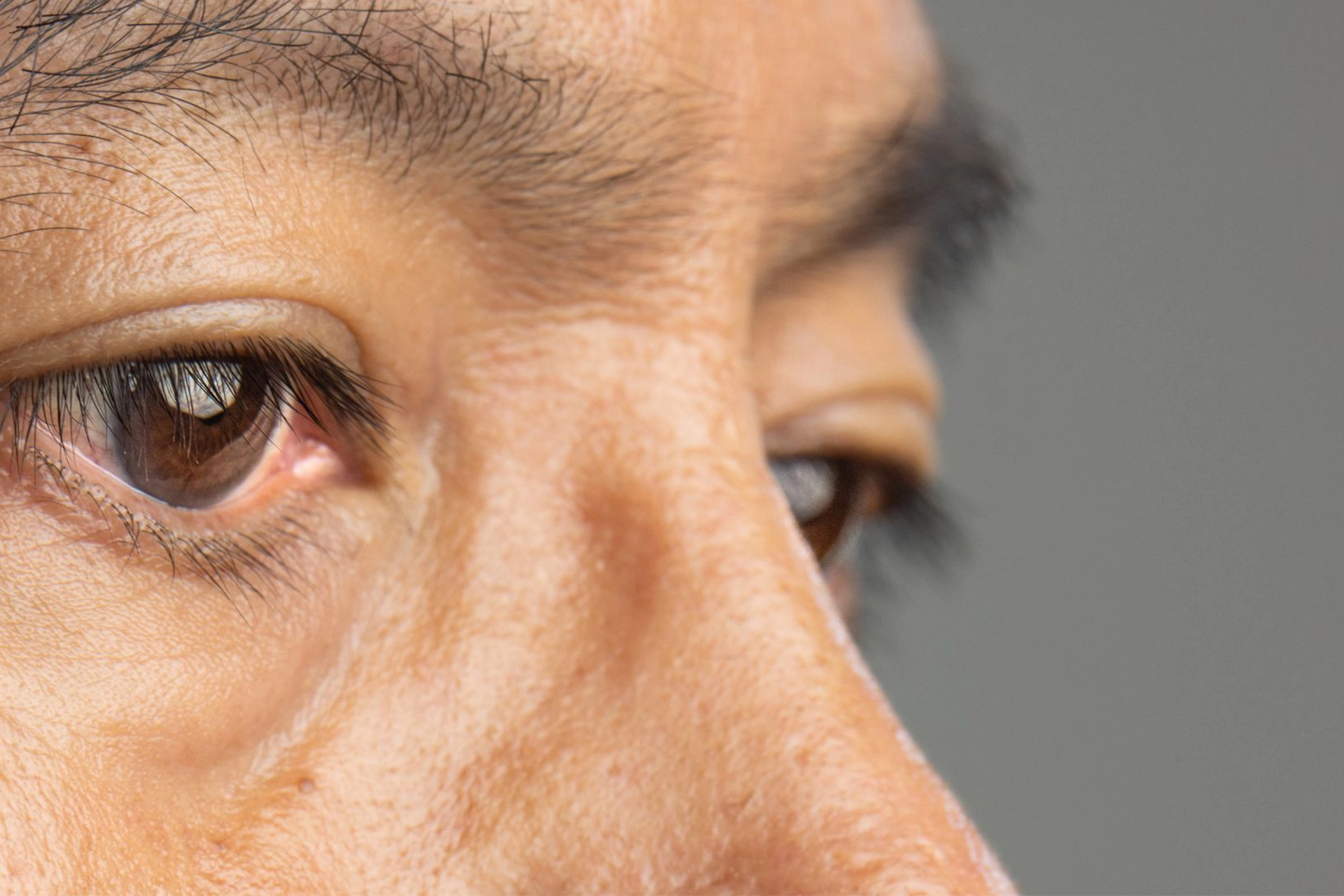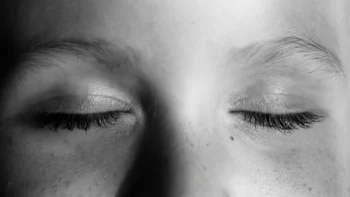It goes without saying that having clear vision is an integral part of everyday life, as most of society is built around the assumption that our eyes are functioning properly. The development of cataracts, however, spells a completely different story. This common condition denotes the “clouding” of the lens of one, or both of your eyes and causes your vision to become blurred and distorted. Removing and replacing the lens with an artificial one remains to be the only permanent, safe, and most effective treatment option available.
Handling Cataracts In Both Eyes
The main difference between handling cataracts in both eyes versus one eye is deciding which one to attend to first, usually whichever has been affected more. Once determined, the treatment follows a standardized procedure, as set out by the National Eye Institute (NEI).
Factors That Influence the Time Between Surgeries
1. How advanced your cataracts are. Cataracts in a highly advanced stage can cause pressure to build up in the eye and result in long-term damage. Luckily, this only applies to cataracts that have been left or ignored for an exceedingly long period of time. On the other hand, if the cataract in one eye is in a relatively early stage, your doctor may recommend an extended wait time if they believe that surgery is not yet necessary.
Frequently Asked Questions
Why is it rare to address both eyes in the same procedure?
How long is the wait between cataract surgery on each eye?
The most common waiting period is 1-2 weeks, although some patients can go months, or even years before needing a second surgery. This is so that your doctor can monitor your recovery progress and take steps to avoid the possibility of future complications.
Want to know more? Contact Brimhall Eye on our website, or give us a call at (702)263-2020 today!





